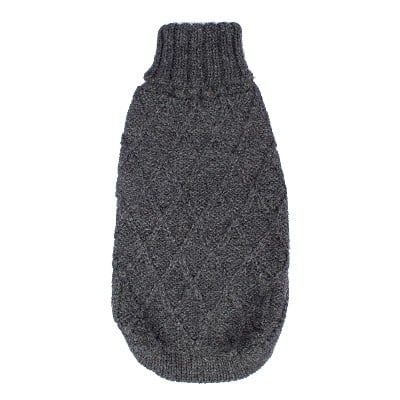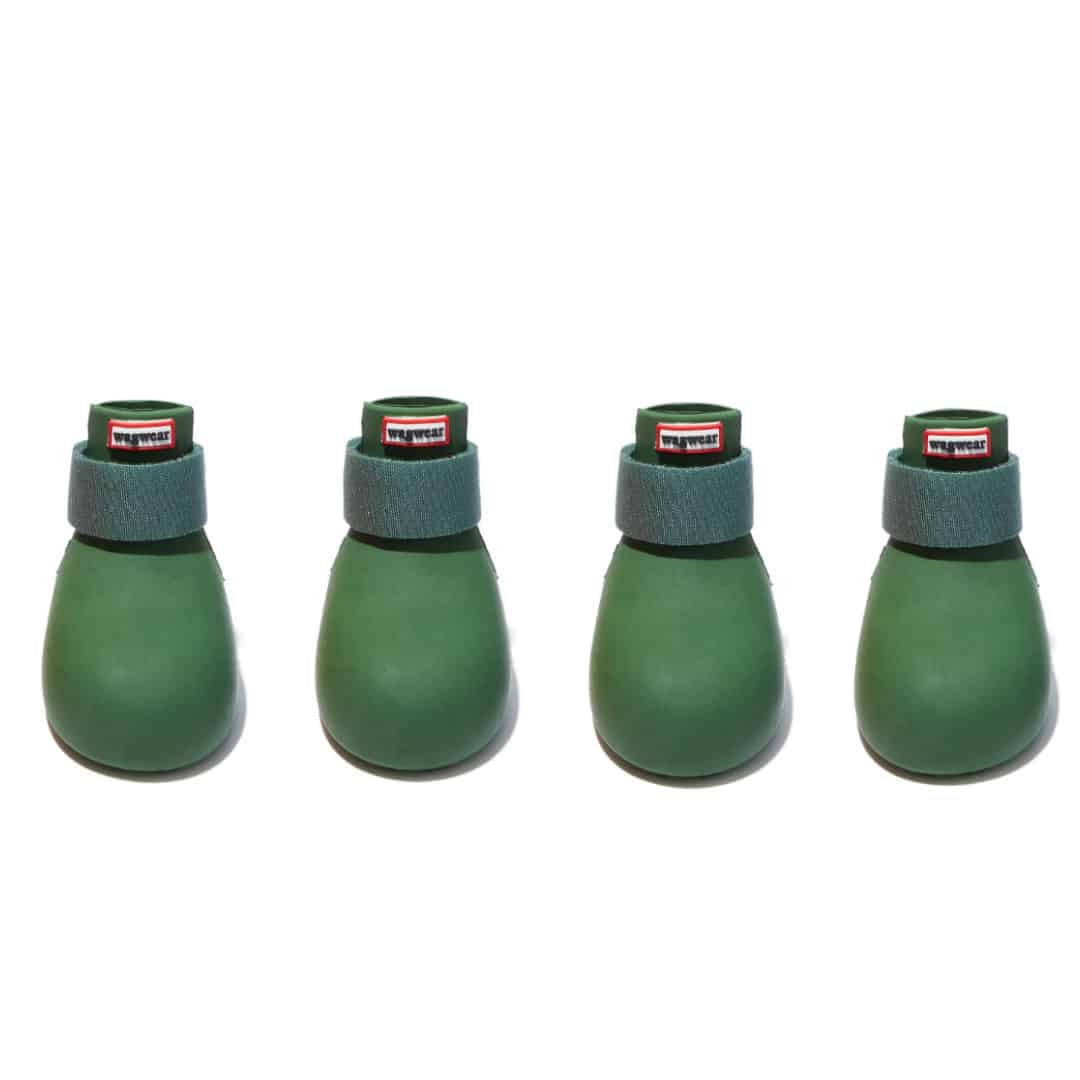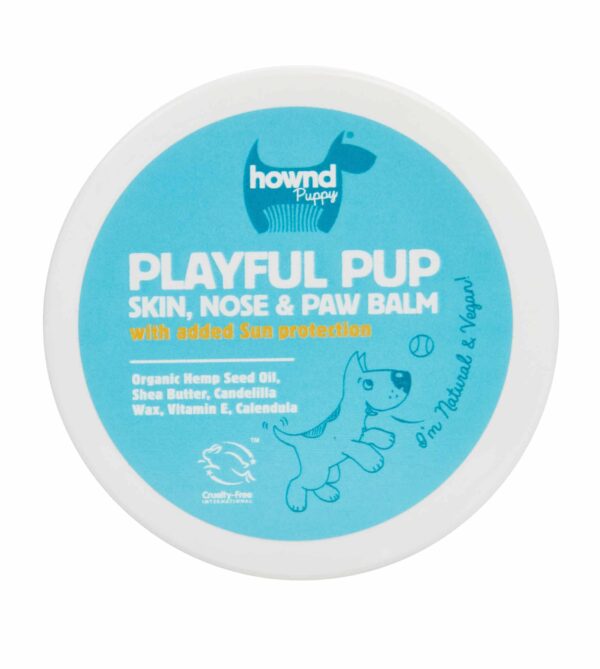This article has been updated.
During the frigid winter months, it can seem attractive to curl up under the covers and pass the days away. However, the short, grey days and dropping temperatures can actually cause episodes of depression in a lot of people. A mental health condition known as Seasonal Affective Disorder (SAD) can lead to bouts of the blues that are related to seasonal changes and our decreased exposure to sunlight.
Related: Variety Is the Spice of Life: How to Keep Your Dog Walks Interesting
Symptoms of SAD may include:
- Feelings of depression for days on end during the fall and winter
- Decreased energy levels
- Feelings of hopelessness or guilt
- Sleeping troubles
- Losing interest in hobbies and activities you once loved
But can your dog get SAD too?
Dogs and Seasonal Affective Disorder
While there has not yet been an official diagnosis of Seasonal Affective Disorder in dogs, animals can certainly be negatively impacted by the changing seasons.
A 2015 study found that rodents who were exposed to less amounts of sunlight exhibited depression-like behaviors. Furthermore, scientists found that there was a change in the rodents’ brain chemistry. While this study wasn’t focused on dogs, canines are more complex than rodents, so the idea of them too developing depression-like behavior due to season changes isn’t out of the question.
An additional study by the PDSA, a UK veterinary organization, concluded that 1 in 3 pet parents noticed a lack of playfulness and longer sleeping schedule in their pups during the winter.
Similar to symptoms people experience, dogs may exhibit:
- Grumpiness
- Lack of energy
- Sleeping more
- Increased appetite
Related: Decoding Your Dog’s Vocal Language: What Is She Trying to Tell You
While the changing seasons could affect an animal’s mood, some experts believe that SAD could indirectly impact dogs via their owners; if we experience SAD-like behaviors our dogs could pick up on this.
“It is difficult to separate an owner’s feelings from their pet’s feelings sometimes. For example, when a pet in the household passes away, we may be concerned that the remaining pet sibling is depressed,” says Dr. Cristina Carballo, a veterinarian at Century Animal Hospital in Austin, Texas. “But there is also sadness and mourning in the household from the people. Are the pets reacting to the people’s emotions or are they depressed that their pet sibling has passed away? I don’t think we can say we know for sure,”
So, if you’ve been feeling down in the dumps and are unable to get up and moving during a rainy, gray day, your dog may reflect that melancholy.
How to Help Your Dog Through the SAD Season
Whether dogs can actually be prone to SAD or are mirroring your emotions, there are some steps that you can take to keep your pet happier during the winter.
While it can be super appealing to wrap yourself up in a blanket burrito all morning, fight your urge to hibernate. Get up and get going!
“Try to keep up your normal exercise routine as much as possible. Bundle up and get out there! If your pup doesn’t like the cold, get them some clothing and/or booties,” recommended Kayla Fratt, CDBC, owner of Journey Dog Training.
Plenty of playtime is crucial for a healthy and happy dog.
“Make sure you continue to provide your pet with the activities they enjoy year-round, like throwing the ball or going for walks,” stated Dr. Carballo.
Even if you’re stuck inside your home because of nasty weather, you can certainly keep your dog’s mind and body stimulated with toys, puppy puzzles, and lots of interaction.
Another thing that you can do is try to increase you and your pet’s exposure to sunlight. Take your dog for a long walk in the late morning hours. Move his bed close to a south-facing window, as that window typically receives the most sunlight. You can also consider purchasing an artificial UV light lamp for your home.
While people with SAD are advised to take vitamin D, don’t give this type of supplement to your pooch because it can be toxic for him.
There isn’t any inclusive evidence that dogs can suffer from SAD, though, we do know that some dog parents have noticed a behavioral change in their pet during the winter months. Whether it’s because of SAD or your pet picking up on your feelings, it’s important to keep your dog active and stimulated during the cold season. It can be beneficial for you, too.





















